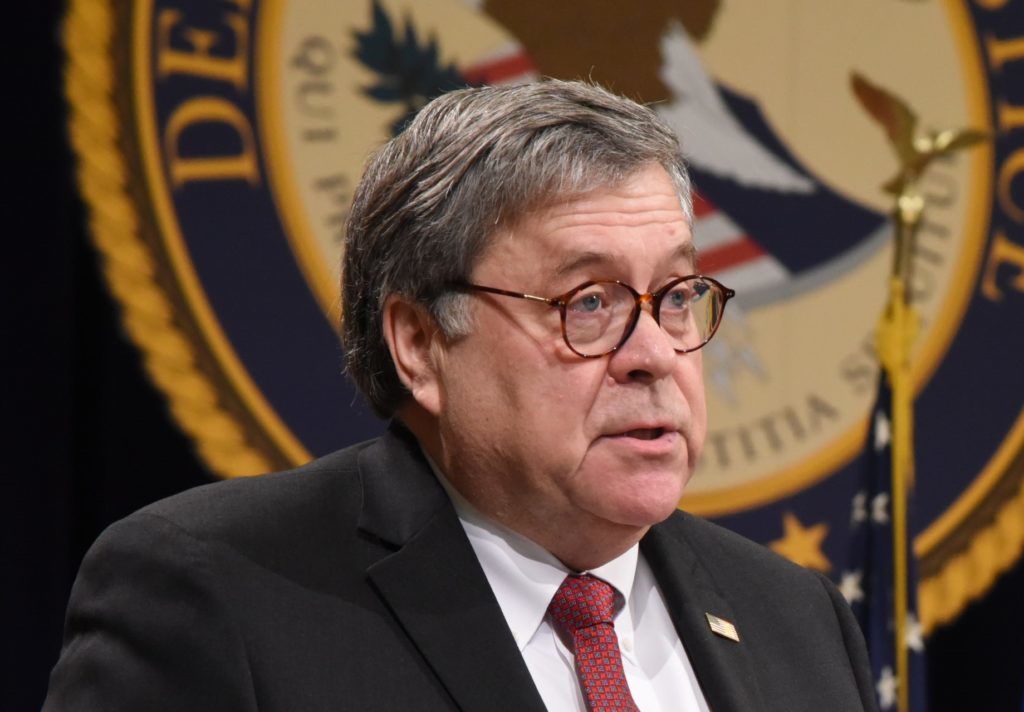William Barr just shot himself in the foot

Attorney General William Barr announced in a letter to Congressional leaders yesterday that he will release the Special Counsel’s report on Russian interference in the 2016 election “by mid-April, if not sooner.” Recent polls show this is what America wants, and the House earlier this month voted unanimously (420-0) in favor of a non-binding resolution to release the report in its entirety to Congress and the public. Barr’s new communication is a step forward from his biased and misleading attempt at summarizing Robert Mueller’s report. But the devil is in the details, and a closer look at Barr’s letter reveals some troublesome red flags.
Barr wrote that “there are no plans to submit the report to the White House for a privilege review” after noting that Donald Trump “has stated publicly that he intends to defer to me.” The fact that the White House will not get an opportunity to scrub the report for information that damages Trump and then redact it under the guise of executive privilege appears to be good news. But Barr did not say this process won’t happen. Instead, it appears that Barr (who, as AG, is supposed to represent the people, and not the president) will simply insert himself into this role as if he were White House Counsel.
Barr’s letter also indicated that his team is working on redacting “information that would unduly infringe on the personal privacy and reputation interests of peripheral third parties.” This line sounds good if you say it fast. After all, it seems reasonable to avoid embarrassing innocent people who have nothing to do with the investigation. The problem is, we have no idea who Barr considers to be a “peripheral” party, and it appears that only he gets to decide.
Finally, it is worth noting that Barr took the opportunity in the letter to push back at the idea that he was trying to produce a summary of Mueller’s detailed report: “Also, I am aware of some media reports and other public statements mischaracterizing my March 24, 2019 supplemental notification as a ‘summary’ of the Special Counsel’s investigation and report.” In this regard, Barr swung and missed miserably. A few sentences later, he actually referred to his summary as exactly that: “As my letter made clear, my notification to Congress and the public provided, pending release of the report, a summary of its ‘principal conclusions’—that is, its bottom line.” Barr could have avoided this issue altogether by not mentioning it in his letter. Instead, he managed to shoot himself in the foot while making his critics’ case for them.

Ron Leshnower is a lawyer and the author of several books, including President Trump’s Month
